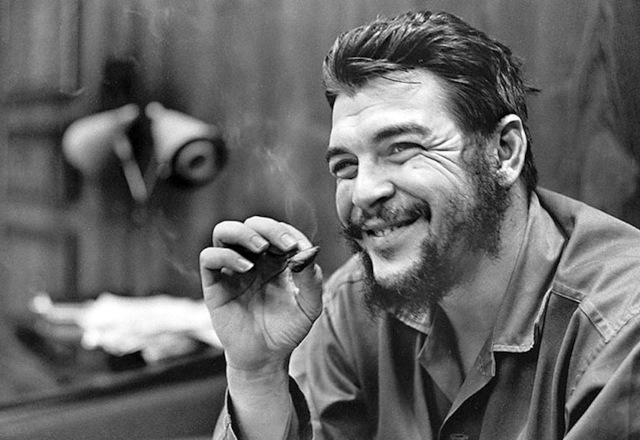
By: Commander Nicolás Rodríguez Bautista
In the 1960s, the world was experiencing the so-called Cold War (1946-1991), and throughout the American continent, the United States was developing strategies to “prevent socialism from spreading.”
This fear of the North American empire led them to try to prevent the spread of revolution across the continent, following the example of Cuba, where the insurgents of the Rebel Army entered Havana victoriously on January 1, 1959, which sealed the triumph of the Cuban revolution.
This revolutionary context, combined with the existence of nationalist governments with democratic ideas, such as Peronism in Argentina, João Goulart in Brazil, and Jacobo Arbenz in Guatemala – all overthrown by the US through various coups d’état – broke the constitutionality of these states and allowed imperialism to control and subjugate the peoples of the continent.
The National Liberation Army (ELN), like several guerrilla movements in Latin America, was born in the mid-1960s, amid the democratic and revolutionary context already described.
The high levels of violence unleashed by Colombia’s ruling classes and their strong ties to imperialism led us youth to seek effective and concrete solutions to the overwhelming situation of repression and anti-democracy.
These were times of constant struggles by students, peasants, and workers for their demands, which were met with brutal repression, and also times of searching for effective, longer-term forms of struggle that would go beyond immediate demands.
One of the strong debates of that time was whether armed guerrilla warfare should begin, as the objective and subjective conditions were present. The youth current that gave rise to the ELN considered that these conditions were indeed present and found in Che Guevara their main ideologue, who was growing as a world leader transcending Cuba’s borders.
Over the years, the enemy themselves labeled us as Guevarist guerrillas, and we took it as positive, because indeed the ELN identifies with Che’s thinking, not only in its political being but in its internationalist, anti-imperialist, humanist essence, tireless fighter for the unity of peoples, of the world and the continent, for the unity of the insurgent movement and the unity of revolutionaries.
More importantly, Che as a revolutionary vanguard teaches us to educate others by example, as a commitment to struggle to the ultimate consequences.
Neither his enemies could nor can detract from Che’s values, not just as elements of revolutionary theory, but primarily because the life of Commander Ernesto Guevara de la Serna, el Che, was a rapid activity against time and difficulties, remaining in history as the consistent, brave, exemplary revolutionary of unmatched temperament, while being an intellectual who put his revolutionary theories into practice until his life allowed, and for this reason today, he continues to be one of our great internationalist references in the insurgent struggle, motivating us to continue the fight and follow his example.